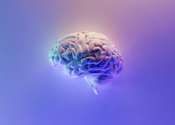Study shows that precisely timed theta oscillations are required for mice to encode new memories
Past research suggests that brain oscillations may support different cognitive functions by coordinating spike timing inside and across different brain regions. However, the role that the timing of these oscillations plays ...









